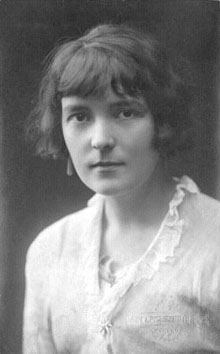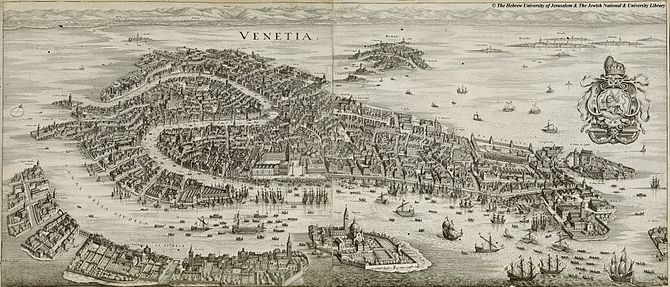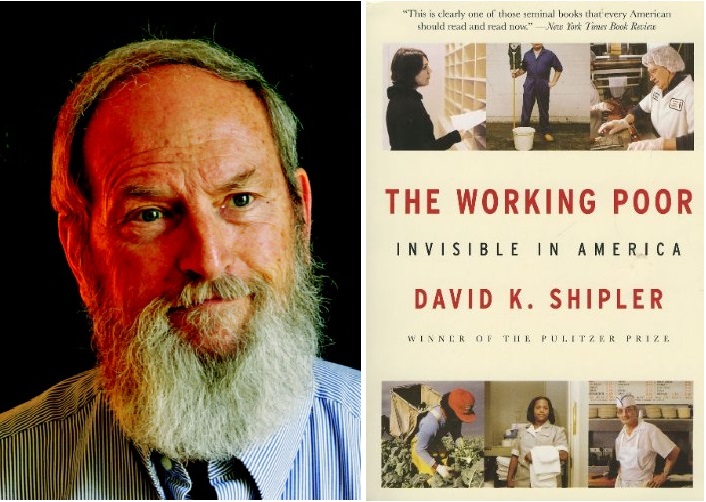After reading The Garden Party in April 2009:
This will not be a terribly thoughtful review, just an expression of excitement. I don’t know how I got this far in my life without anybody telling me what a wonderful writer Katherine Mansfield was. She was a master of the modern short story. When I consider most of the 20C short story collections I’ve read, I think that Mansfield got there first, and did it better. And there was a terrible moment when I saw why Virginia Woolf felt so threatened by her, because, if I’d read the book with no cover or front matter, I’d have thought, Wow, Virginia’s in really good form here! I’d only have been puzzled by the references to New Zealand.
Continue reading
Katherine Mansfield. The Collected Stories & The Garden Party





